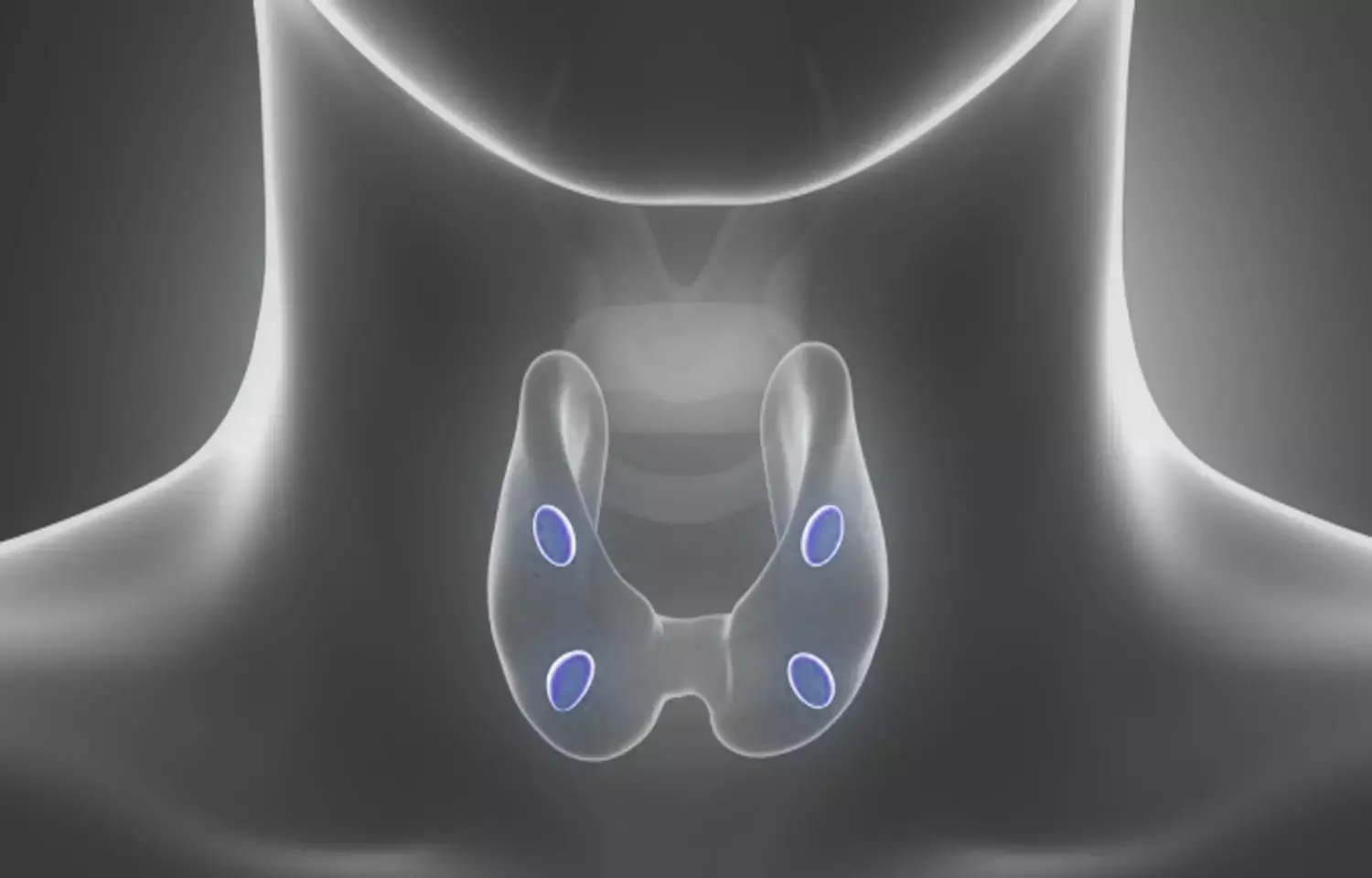- Home
- Medical news & Guidelines
- Anesthesiology
- Cardiology and CTVS
- Critical Care
- Dentistry
- Dermatology
- Diabetes and Endocrinology
- ENT
- Gastroenterology
- Medicine
- Nephrology
- Neurology
- Obstretics-Gynaecology
- Oncology
- Ophthalmology
- Orthopaedics
- Pediatrics-Neonatology
- Psychiatry
- Pulmonology
- Radiology
- Surgery
- Urology
- Laboratory Medicine
- Diet
- Nursing
- Paramedical
- Physiotherapy
- Health news
- Fact Check
- Bone Health Fact Check
- Brain Health Fact Check
- Cancer Related Fact Check
- Child Care Fact Check
- Dental and oral health fact check
- Diabetes and metabolic health fact check
- Diet and Nutrition Fact Check
- Eye and ENT Care Fact Check
- Fitness fact check
- Gut health fact check
- Heart health fact check
- Kidney health fact check
- Medical education fact check
- Men's health fact check
- Respiratory fact check
- Skin and hair care fact check
- Vaccine and Immunization fact check
- Women's health fact check
- AYUSH
- State News
- Andaman and Nicobar Islands
- Andhra Pradesh
- Arunachal Pradesh
- Assam
- Bihar
- Chandigarh
- Chattisgarh
- Dadra and Nagar Haveli
- Daman and Diu
- Delhi
- Goa
- Gujarat
- Haryana
- Himachal Pradesh
- Jammu & Kashmir
- Jharkhand
- Karnataka
- Kerala
- Ladakh
- Lakshadweep
- Madhya Pradesh
- Maharashtra
- Manipur
- Meghalaya
- Mizoram
- Nagaland
- Odisha
- Puducherry
- Punjab
- Rajasthan
- Sikkim
- Tamil Nadu
- Telangana
- Tripura
- Uttar Pradesh
- Uttrakhand
- West Bengal
- Medical Education
- Industry
Perioperative hyperkalemia may warrant urgent hemodialysis in patients undergoing parathyroidectomy

Germany: Perioperative serum potassium levels should be within normal limits to avoid postoperative hyperkalemia necessitating urgent hemodialysis (UHD) in renal failure cases, says an article published in the Journal of Clinical Medicine on 14th January 2022.
In order to lower the incidence of cardiovascular events (CVE), enhance overall survival, and improve quality of life, parathyroidectomy (PTX) is a staple of treating secondary hyperparathyroidism (SHPT) in patients with renal failure. Perioperative hyperkalemia can result in life-threatening cardiac problems. Although several preoperative thresholds for serum potassium levels (SPL) have been identified, neither their use nor the associated dangers are recognized. Claudia Bures and colleagues examined the outcomes and efficacy of several therapeutic methods in avoiding or treating perioperative hyperkalemia, including postoperative urgent hemodialysis, in this research.
Patients from Rheinland Klinikum Lukaskrankenhaus and Charité-Universitätsmedizin Berlin, Neuss, who had PTX for SHPT between 2008 and 2018, were studied retrospectively in terms of demographic factors, surgery-specific circumstances, and perioperative laboratory findings. Comparisons of patient data from both hospitals were made, with an emphasis on perioperative hyperkalemia and the need for UHD.
The results of this study stated as follow:
1. A total of 251 individuals who were getting PTX for SHPT were included in the study.
2. In 134 individuals, perioperative hyperkalemia (SPL 5.5 mmol/L) was seen (53%). UHD was conducted on the day of surgery in patients with intraoperative hyperkalemia, in females, in obese patients, and more frequently in Neuss patients.
3. The strongest predictive predictor for UHD in Neuss patients was an intraoperative hyperkalemia cut-off level of more than 5.75 mmol/L.
4. Concerning the surgical consequences of hyperkalemia or UHD, no patient died, and only three patients suffered from acute CVE, with SPL > 5.5 mmol/L recorded in just one patient.
In conclusion, the current study found no increased complication rate in individuals receiving parathyroidectomy owing to secondary hyperparathyroidism who had hyperkalemia or required urgent hemodialysis on the day of surgery. For the first time, female gender and obesity appeared to influence changes in blood potassium levels or the necessity for immediate hemodialysis. Physicians should strive for normal serum calcium levels, prevent the occurrence of the hungry bone syndrome, and undertake thorough perioperative inspections of serum potassium levels. Forced dialysis is indicated on the day of the parathyroidectomy—rather early and preventatively before problems arise.
Reference:
Bures C, Uluk Y, Besmens M, Akca A, Dobrindt E-M, Pratschke J, Goretzki P, Mogl M, Uluk D. Hyperkalemia Following Parathyroidectomy in Patients with Renal Hyperparathyroidism—New Thresholds for Urgent Perioperative Dialysis. Journal of Clinical Medicine. 2022; 11(2):409. https://doi.org/10.3390/jcm11020409
Medical Dialogues consists of a team of passionate medical/scientific writers, led by doctors and healthcare researchers. Our team efforts to bring you updated and timely news about the important happenings of the medical and healthcare sector. Our editorial team can be reached at editorial@medicaldialogues.in.
Dr Kamal Kant Kohli-MBBS, DTCD- a chest specialist with more than 30 years of practice and a flair for writing clinical articles, Dr Kamal Kant Kohli joined Medical Dialogues as a Chief Editor of Medical News. Besides writing articles, as an editor, he proofreads and verifies all the medical content published on Medical Dialogues including those coming from journals, studies,medical conferences,guidelines etc. Email: drkohli@medicaldialogues.in. Contact no. 011-43720751


